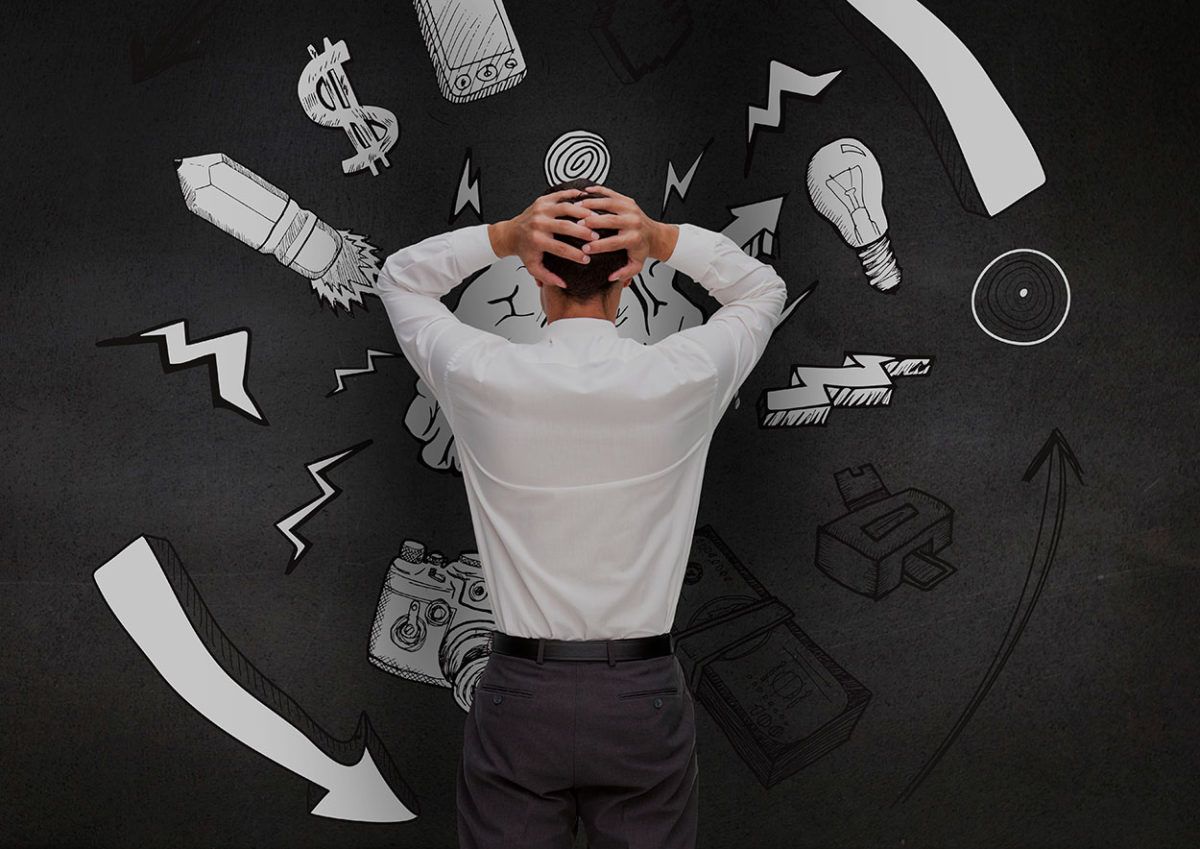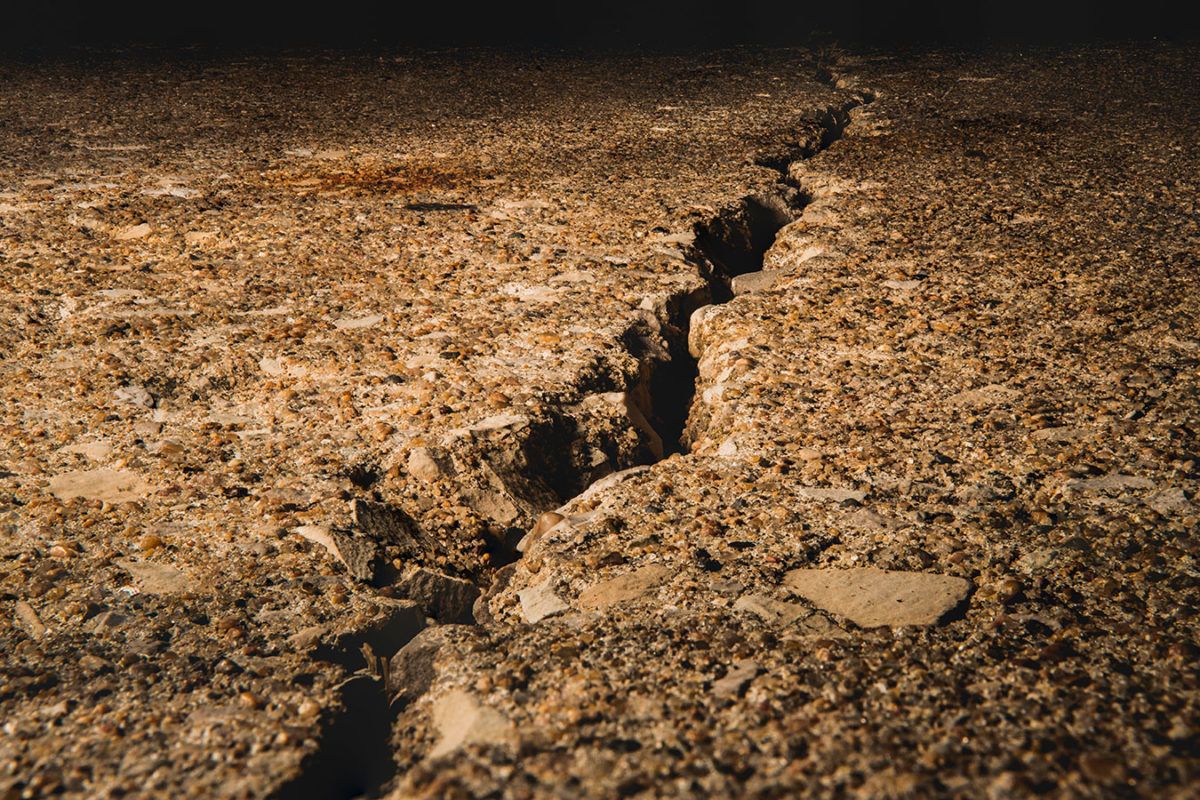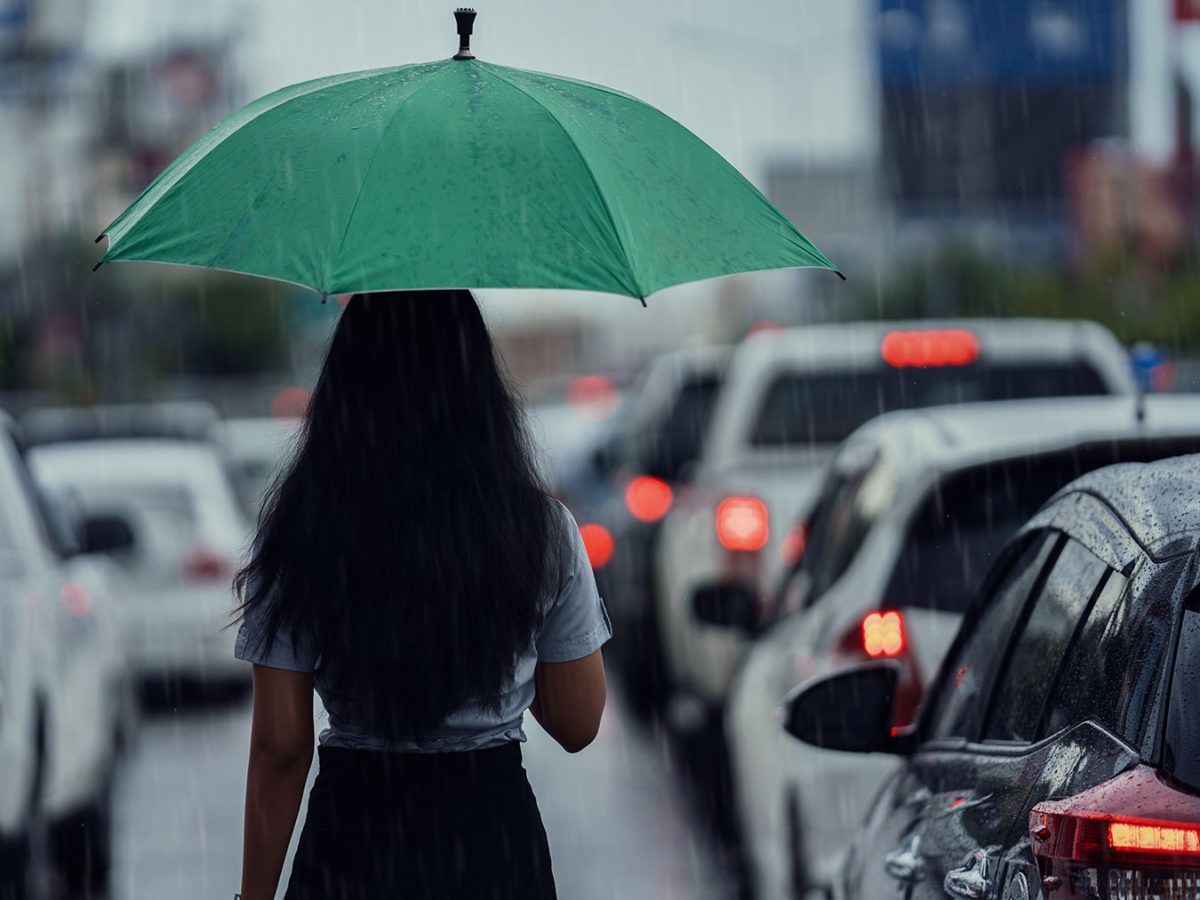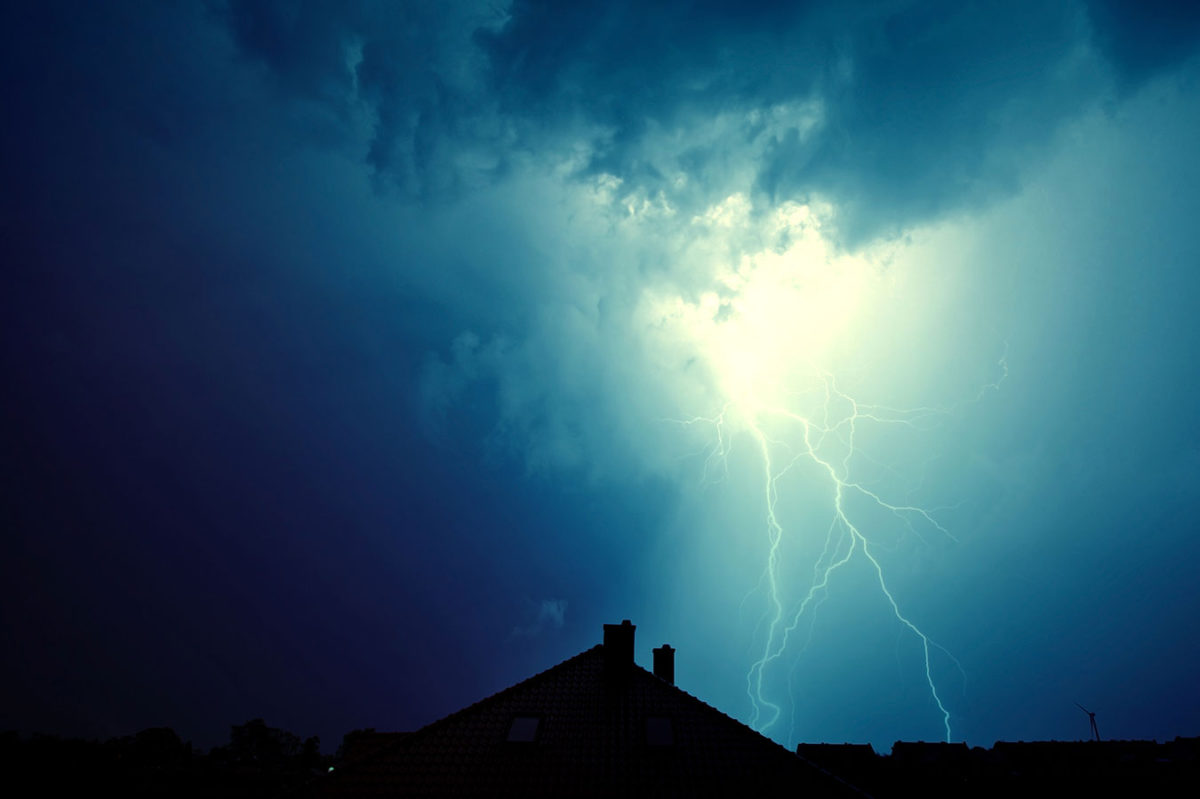One of the clearest examples we got to this point was the earthquake that struck Chile on February 27, 2010, which cost the insurance and reinsurance industry between USD 8,000 and USD 10,000 million.
An important fact is that the losses were borne almost entirely by the world reinsurance industry, as local insurers transferred these risks to them due to their catastrophic nature.
Volume of claims processed
It is known that at least 222,065 claims were reached, where 190,199 corresponded to housing risks and 31,866 to claims in various risks of homes such as offices or shops.
These figures translate into more than eight years of claims in the fire industry and it has been one of the most difficult situations in testing the ability of insurers and adjusters to respond to such colossal demand. These events forced the insurance industry to seek a large amount of internal and external resources, both human and IT, to comply with the settlement and payment processes.
The premiums
Regarding the economic and financial effects in this sector, it was learned that the fees charged in catastrophic lines were insufficient. The earthquake and subsequent tsunami exceeded what was collected in the last 30 years in catastrophic premiums and in fact, the reinsurance industry reacted by adjusting the terms and conditions offered in the renewals after the unfortunate event, both in proportional and non-proportional contracts, in a manner increase in rates, decrease in commissions, and imposition of limits by event and validity, among others.
Natural disasters always happen suddenly, that is why it is important that we all be aware and work to prepare ourselves and know well what we can do in the event of one, in order to remain calm, to be able to be for our insured and give them satisfaction and help they so badly need at that time.



